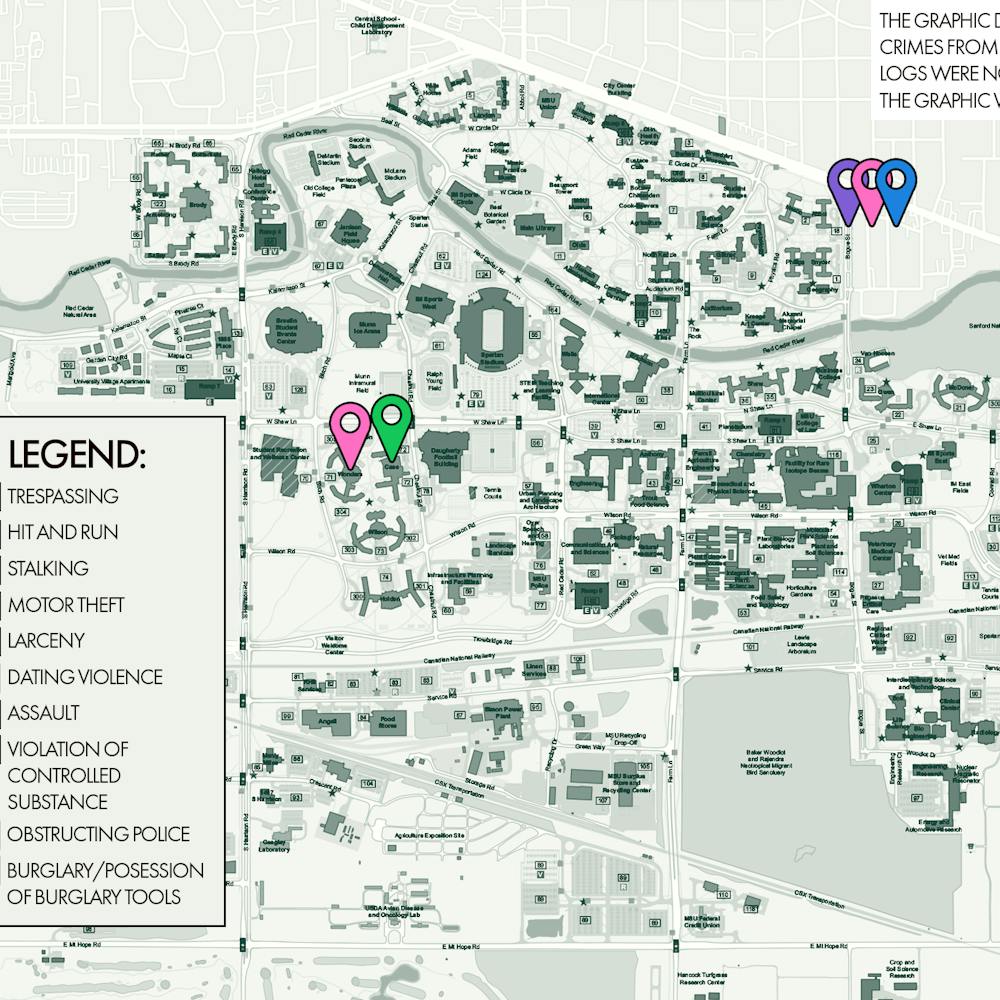A hot button topic across collegiate athletics is the compensation of student athletes for play and the use of their likeness.
Electronic Arts, EA, and the Collegiate Licensing Company were sued by multiple former collegiate athletes for the use of their image in EA’s series of college football and college basketball video games. The athletes argued EA profited from the use of their likeness and the athletes should have been compensated. However, NCAA rules bar student athletes from receiving compensation, and EA was not required to pay the athletes for using athletes’ images.
In what could later be seen as the first domino to fall, EA reached a settlement with the athletes for $40 million in 2014, and the NCAA also reached a settlement with the plaintiffs for $20 million. EA has since discontinued its college football and basketball video game series.
Recent cases involving superstar football players Todd Gurley, Johnny Manziel and Jameis Winston (allegedly) selling their autographs have also stirred the pot regarding the debate: Should student athletes receive compensation?
I stand firmly with my position that student athletes should not receive extra compensation.
Is it jealousy that fuels my decision? Perhaps. But perhaps not, for I have given considerable thought to both sides of the debate and keep coming to the same conclusion: student athletes should not be compensated outside of an athletic scholarship.
I stand with those people who think a free education, along with free room and board, are all the reward a student athlete needs in return from his or her academic institution. Walking away from college with a degree and zero college debt gives student athletes a leg up on the majority of his or her classmates who have the same degree.
The fact is that an unfortunately high amount of student athletes are able to go to great universities, such as MSU, only because of an athletic scholarship. I’m not saying student athletes are not smart enough to gain admittance and their athletic talents alone are what get them into college. What I am saying is that for too many of these young kids, college is too expensive and a free education becomes that much more valuable.
My argument took a hit in the courtroom last summer, however.
Former UCLA basketball star Ed O’Bannon was the lead plaintiff in a suit against the NCAA accusing them of violating federal antitrust law. O’Bannon argued the NCAA broke the law by conspiring to bar student athletes from receiving compensation despite the student athletes’ amateur statuses.
Last June, U.S. District Judge Claudia Wilkens oversaw the case between O’Bannon and the NCAA and ruled in favor of O’Bannon.
Wilkens ruled that the NCAA is allowed to set a cap on student athlete compensation not less than $5,000 per academic school year in which a student athlete is academically eligible. However, Wilkens also ruled that individual institutions may offer less than the NCAA maximum cap, so long as institutions do not illegally conspire to set a cap amount.
With certain institutions having the ability to offer a larger amount of compensation than others, there is the real potential of seeing the recruiting process turn into a de-facto free agency.
It would be hard for a top recruit to turn down an offer guaranteeing a higher compensation from a wealthy athletic department, such as the University of Texas, for a school that is equally competitive on the field, but not so much with its checkbook a la Kansas State.
I think this would lead to the rich getting richer, pun intended, and competitive balance would become very minimal, with the potential to become nonexistent with institutions essentially buying national championships.
It should be noted that no law has been passed yet, and Wilkens decided that the ruling will not take effect before July 1, 2016. It should also be noted that only Football Bowl Subdivision and Division I men’s basketball players would be receiving compensation.
Wilkens also ruled that the NCAA cannot set a cap on an athletic scholarship less than a school’s full cost of attendance. Full cost of attendance is worth more monetarily than a full scholarship, because cost of attendance includes tuition and room and board as well as travel expenses and other personal miscellaneous expenses included in attending college.
This is a decision I can live with. I can concede funding travel expenses to athletes, especially those who are out-of-state residents.
Putting aside full cost of attendance and other compensation, I think student athletes receiving compensation will hurt the image of college athletics, as well as create a (bigger) rift between student athletes and students who do not participate in sports.
Most college football fans love the game because the foundation of college athletics is, and always has been, competing for the love of the game rather than playing for a paycheck. With players receiving compensation, it could turn off some fans of college football.
Major college football can survive such a hit, though. The college game has become an industry and is big business — the NCAA currently earns more revenue than both the NBA and the NHL — but student athletes receiving compensation could lead to a loss of fans.
This would be similar to what happened with the NFL when Roger Goodell badly mishandled the Ray Rice escapade. The NFL went through an awful public relations storm, and undoubtedly lost fans. But the NFL survived the smeared image and continues to thrive.
I anticipate the same will happen for college football because of its immense, and sometimes cult-like, following.
As for the relationship surrounding student athletes and the rest of the student body: compensation will hurt. I was in a class where an official from the MSU athletic department spoke last semester. The official pointed out that there is already a wall separating the football team from the rest of MSU students. I believe football players receiving compensation for play will only build that wall taller and stronger than ever before.







